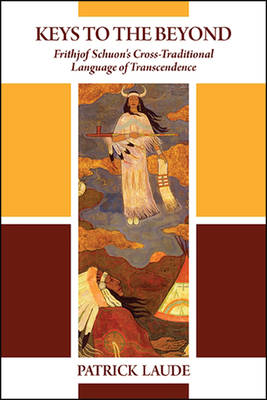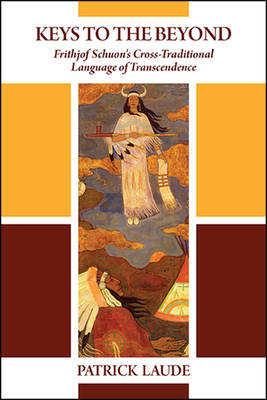
- Retrait gratuit dans votre magasin Club
- 7.000.000 titres dans notre catalogue
- Payer en toute sécurité
- Toujours un magasin près de chez vous
- Retrait gratuit dans votre magasin Club
- 7.000.0000 titres dans notre catalogue
- Payer en toute sécurité
- Toujours un magasin près de chez vous
Description
Studies the original vocabulary of Frithjof Schuon, its relevance to comparative religion, and the status of metaphysical and theological terms in religion.
This book explores the work of the religious philosopher Frithjof Schuon (1907-1998) by focusing on the way he develops his own expansive adaptations of traditional religious terms. As a leading proponent of perennial philosophical and religious thought, Schuon borrows widely from specific religious traditions, expanding the scope of traditional terminology-from upāya and yin-yang to "quintessential Sufism" and "vertical Trinity"-beyond their respective traditional definitions. This is one of Schuon's strengths as a thinker, but it can also be an obstacle to understanding his writings. This study develops the full implications of these key terms by first delving into their specific traditional denotations and, secondly, exploring their universal connotations in Schuon's universe of meaning. Such a task is particularly timely when both hardened religious identities and skepticism or hostility toward religious traditions increasingly clash with each other. The current questions and challenges surrounding cross-civilizational relations make such a contribution particularly needed and likely to receive a broader attention in the years to come.
Spécifications
Parties prenantes
- Auteur(s) :
- Editeur:
Contenu
- Nombre de pages :
- 404
- Langue:
- Anglais
- Collection :
Caractéristiques
- EAN:
- 9781438478982
- Date de parution :
- 02-01-21
- Format:
- Livre broché
- Format numérique:
- Trade paperback (VS)
- Dimensions :
- 152 mm x 229 mm
- Poids :
- 594 g

Les avis
Nous publions uniquement les avis qui respectent les conditions requises. Consultez nos conditions pour les avis.






